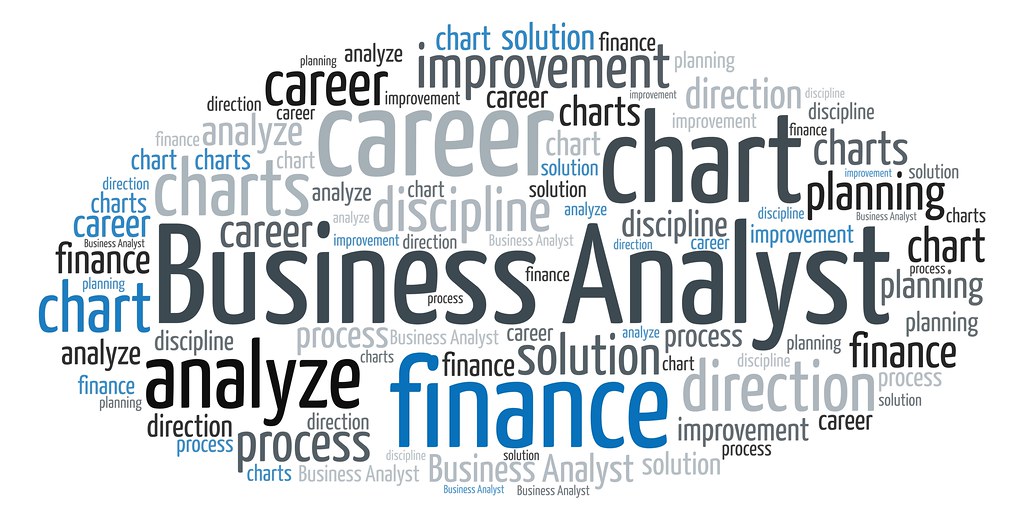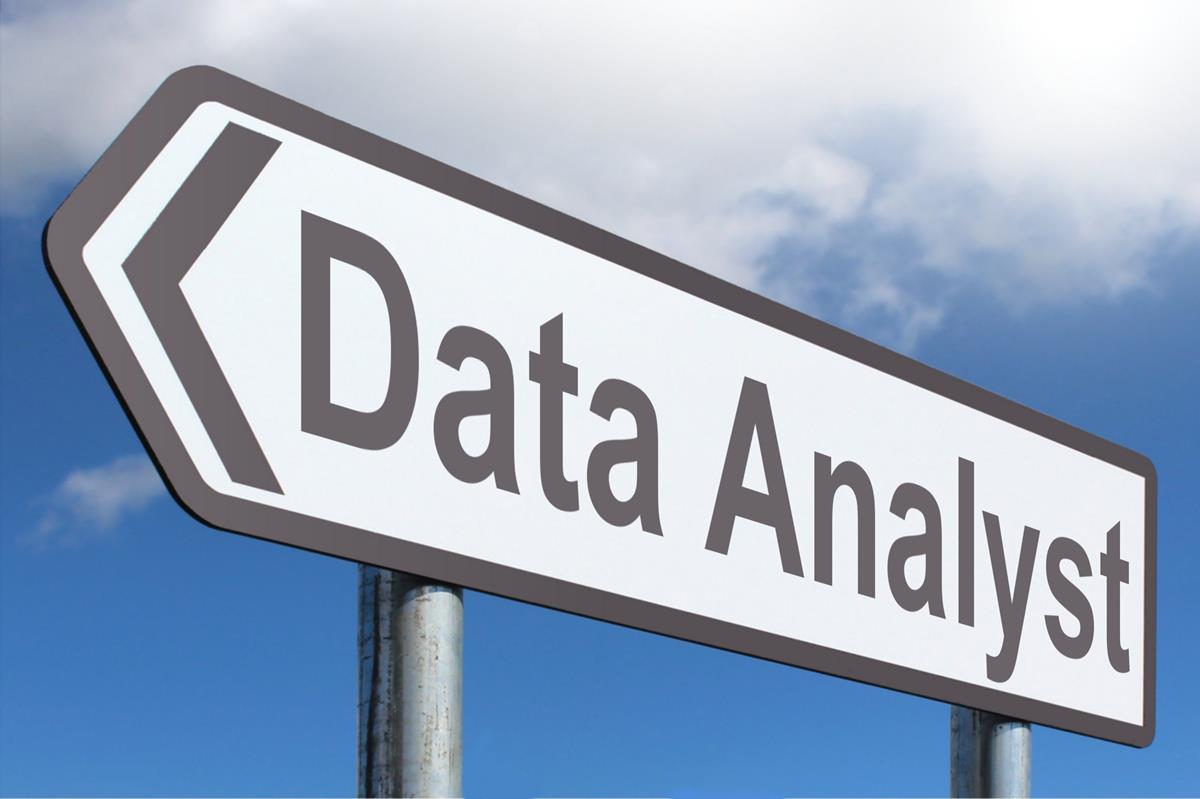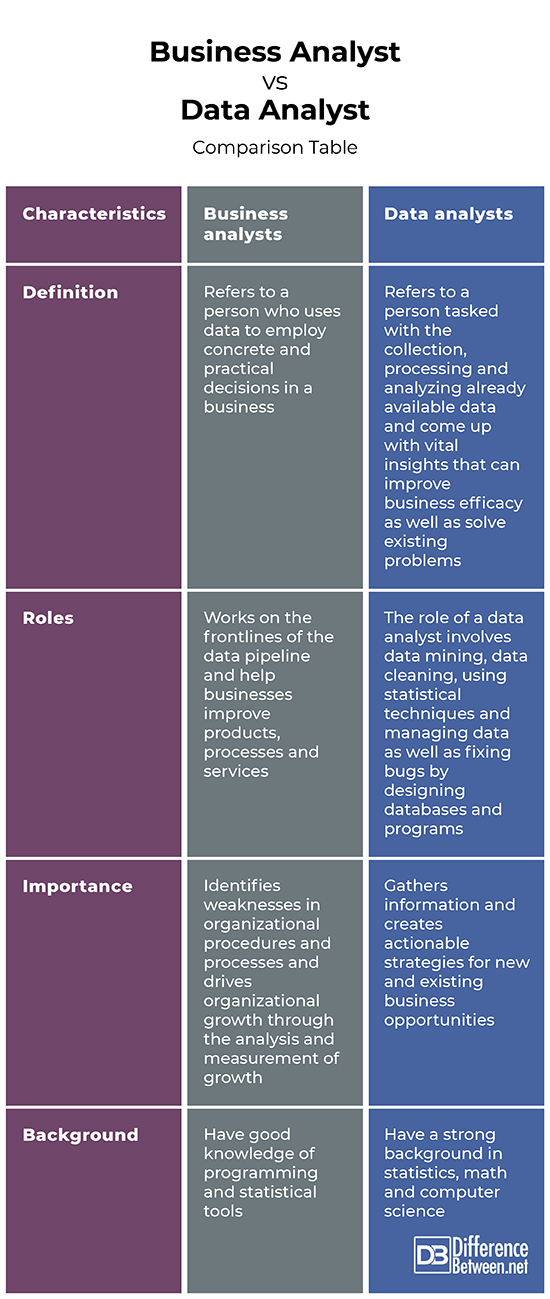Difference Between Business Analyst and Data Analyst
The term analyst is not only common but is also vital in the business and career sectors. An analyst is a person who performs analysis of a topic, be it a business, system and finance. As such, various terms are derived from the term including business analyst, systems analyst and financial analyst. The terms business analysts and data analyst are often used interchangeably. They, however, have differences as outlined below.

Who is a Business Analyst?
This is a person who uses data to employ concrete and practical decisions in a business. They work on the frontlines of the data pipeline and help businesses improve products, processes and services. They hence should have clear communication skills and should be data-driven. They should also have good knowledge of programming and statistical tools.
Business analysts are important in an organization as they identify weaknesses in organizational procedures and processes. They are also useful in driving organizational growth through the analysis of measurements of growth.

Who is a Data Analyst?
A data analyst is a person tasked with the collection, processing and analyzing already available data and come up with vital insights that can improve business efficacy as well as solve existing problems.
The role of an analyst involves data mining, data cleaning, using statistical techniques and managing data as well as fixing bugs by designing databases and programs. To enable them to determine goals and report in a meaningful way, data analysts should be able to work with various departments such as management and IT.
Data analysts are important in an organization as they gather information and create actionable strategies for new and existing opportunities.
Data analysts have a strong background in statistics, math and computer science.
Similarities between Business analyst and Data analyst
- Both are data-specific roles
Differences between Business analyst and Data analyst
Definition
A business analyst refers to a person who uses data to employ concrete and practical decisions in a business. On the other hand, data analyst refers to a person tasked with the collection, processing and analyzing already available data and come up with vital insights that can improve business efficacy as well as solve existing problems.
Roles
A business analyst works on the frontlines of the data pipeline and helps businesses improve products, processes and services. On the other hand, the role of a data analyst involves data mining, data cleaning, using statistical techniques and managing data as well as fixing bugs by designing databases and programs.
Importance
While business analysts help identify weaknesses in organizational procedures and processes while also driving organizational growth through the analysis and measurements of growth, data analysts gather information and create actionable strategies for new and existing business opportunities.
Background
Business analysts have good knowledge of programming and statistical tools while data analysts have a strong background in statistics, math and computer science.
Business analyst vs. Data analyst: Comparison Table

Summary of Business analyst vs. Data analyst
A business analyst refers to a person who uses data to employ concrete and practical decisions in a business. On the other hand, data analyst refers to a person tasked with the collection, processing and analyzing already available data and come up with vital insights that can improve business efficacy as well as solve existing problems. However, both carryout roles that are data specific.
- Difference Between Profit Center and Investment Center - July 2, 2022
- Difference Between Anti-Trust and Anti-Competition - June 6, 2022
- Difference Between Stocktaking and Stock Control - June 6, 2022
Search DifferenceBetween.net :
Leave a Response
References :
[0]International Institute of Business Analysis. A Guide to the Business Analysis Body of Knowledger. IIBA Publishers, 2009. https://books.google.co.ke/books?id=CFHw8jSEWwkC&printsec=frontcover&dq=difference+between+business+analyst+and+data+analyst&hl=en&sa=X&ved=0ahUKEwjmh5bZ-_zpAhVFJBoKHQZ0BVQQ6AEIJjAA#v=onepage&q=difference%20between%20business%20analyst%20and%20data%20analyst&f=false
[1]Venkat Ankam. Big Data Analytics. Packt Publishing Ltd, 2016. https://books.google.co.ke/books?id=r4ZcDgAAQBAJ&pg=PA10&dq=difference+between+business+analyst+and+data+analyst&hl=en&sa=X&ved=0ahUKEwjmh5bZ-_zpAhVFJBoKHQZ0BVQQ6AEILzAB#v=onepage&q=difference%20between%20business%20analyst%20and%20data%20analyst&f=false
[2]Abdel A & Sheikh R. Business Intelligence and Agile Methodologies for Knowledge-Based Organizations: Cross-Disciplinary Applications: Cross-Disciplinary Applications. IGI Global Publishers, 2011. https://books.google.co.ke/books?id=fArG4ZgjqyUC&pg=PA192&dq=difference+between+business+analyst+and+data+analyst&hl=en&sa=X&ved=0ahUKEwjmh5bZ-_zpAhVFJBoKHQZ0BVQQ6AEIODAC#v=onepage&q=difference%20between%20business%20analyst%20and%20data%20analyst&f=false
[3]Image credit: https://live.staticflickr.com/65535/48341586902_67a15044f0_b.jpg
[4]Image credit: https://www.picpedia.org/highway-signs/images/data-analyst.jpg
